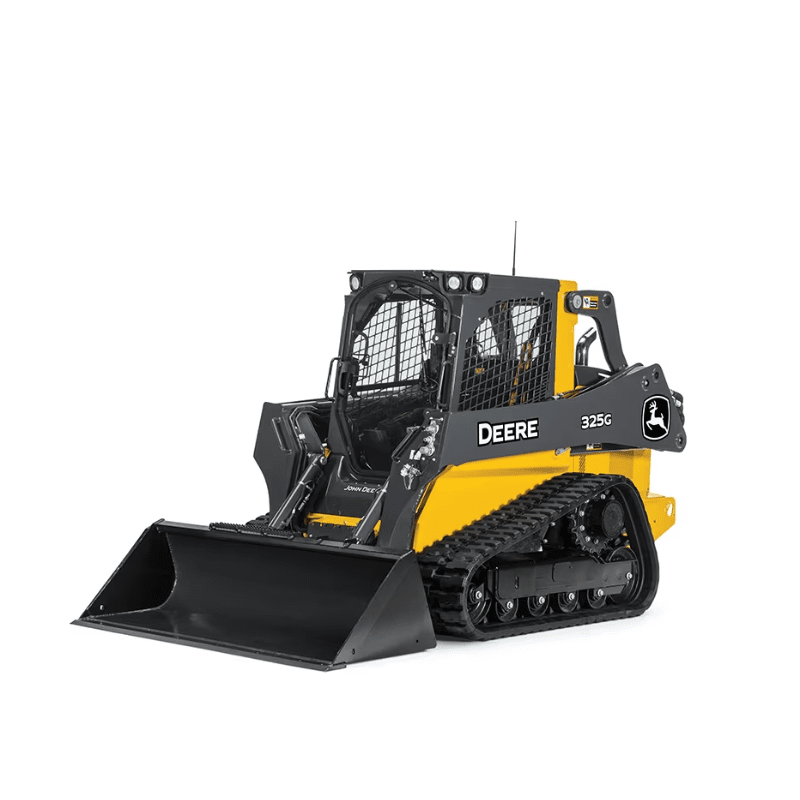Mini Excavator Rental: Compact Machines for Limited Spaces
Mini Excavator Rental: Compact Machines for Limited Spaces
Blog Article
Optimize Your Budget by Comprehending the Costs Connected With Building Tools Rentals
Understanding the complete extent of prices linked with building devices rentals is critical for optimizing your budget plan. What strategies can be employed to successfully handle these prices and ensure a more efficient rental experience?
Introduction of Rental Expenses
When considering construction devices rentals, comprehending the connected prices is critical for efficient budgeting and project preparation. Rental costs can vary significantly based on a number of factors, including devices type, period of leasing, and place. The preliminary rental charge often shows the tools's market demand and its connected operational capacities, affecting the general expenditure.
Along with the base rental price, ancillary prices may occur, such as transport fees, fuel additional charges, and maintenance costs. It is vital to represent these additional costs to accurately analyze the overall cost of renting out devices. The rental period can affect prices; longer leasings may certify for discounted rates, while short-term rentals may incur greater day-to-day charges.

Malfunction of Rental Prices
A thorough understanding of rental prices is crucial for service providers and task supervisors intending to enhance their budget plans. Rental rates for building equipment typically consist of several components, consisting of base prices, time-based fees, and use charges.
Base rates are the core charges linked with the service of the tools, commonly figured out by the type and dimension of the equipment. These rates can vary considerably, influenced by factors such as tools need, schedule, and regional market trends. Time-based charges, which might be daily, weekly, or monthly, serve to accommodate various job timelines and rental durations.
In addition, rental prices may include use charges, which apply when equipment is utilized beyond a specified threshold, making certain that the rental business can make up deterioration. Seasonal demand changes can also influence rental rates, with peak building and construction periods usually regulating higher rates.
Additionally, understanding the rental firm's policies relating to maintenance and insurance policy can provide more insight into the total expense framework. By evaluating these parts, professionals can make enlightened decisions, making sure the selection of rental devices straightens with both job needs and budget plan restraints.
Additional Charges to Take Into Consideration
Understanding the complexities of added costs is essential for specialists to handle their total leasing costs effectively. Beyond the common rental prices, various supplemental charges can substantially influence the complete price of equipment rental. my site These fees typically include shipment heavy duty forklift hire and pickup costs, which can vary based upon range and logistics associated with transporting the devices to and from the task website.
Moreover, some rental companies might enforce fuel additional charges if the equipment is returned with less fuel than when leased. It is additionally necessary to be mindful of possible cleansing costs, particularly for specific tools that requires comprehensive maintenance after use.

Thoroughly examining the rental arrangement and clarifying these extra fees ahead of time can aid professionals prevent unexpected prices and make sure that budget plans remain undamaged throughout the project lifecycle.
Repair And Maintenance Expenses
Routine maintenance and repair service expenses are frequently forgotten elements that can significantly affect the overall price of building tools rentals. When renting out equipment, it is critical to think about not just the rental fees however additionally the prospective costs related to maintaining the machinery in ideal operating problem.
Numerous rental firms include standard maintenance as component of the rental agreement; nonetheless, more unforeseen breakdowns or considerable repair work can bring about additional costs. It's vital to examine the rental contract thoroughly to recognize what maintenance services are covered and what duties fall on the tenant.
Furthermore, devices that is not properly maintained can cause inadequacies on the job site, potentially raising and causing delays project costs. To mitigate these risks, it is recommended to carry out routine evaluations and preserve open communication with the rental supplier pertaining to any kind of problems that develop throughout use.
Insurance Coverage and Liability Costs
Insurance and liability prices are critical parts that can dramatically influence the general cost of building equipment services (scissor lift rental). These expenses guarantee that both the rental company and the customer are check this shielded from prospective financial losses arising from crashes, damage, or theft throughout the rental period

Furthermore, customers ought to know any type of deductibles or exemptions in the insurance plan, as these can impact potential out-of-pocket expenditures. Understanding the terms of any insurance protection is crucial to avoid unanticipated costs. Inevitably, budgeting for insurance coverage and responsibility costs can help make sure a smoother rental experience and secure versus economic dangers connected with building and construction jobs.
Verdict
In verdict, a thorough understanding of the prices connected with building devices leasings is vital for effective budget management. Inevitably, educated decision-making pertaining to devices leasings contributes to the total success of building and construction undertakings.
Rental expenses can vary significantly based on numerous variables, consisting of equipment kind, period of leasing, and location (mini excavator rental). The rental period can influence rates; longer leasings may certify for affordable rates, while short-term services may incur greater daily charges
By performing detailed research study and engaging with respectable rental companies, contractors can properly navigate the complexities of rental rates, eventually maximizing their financial sources.
Beyond the conventional rental rates, numerous supplemental costs can considerably influence the overall price of equipment leasing. Rental firms typically provide liability insurance coverage that covers injuries to 3rd parties or damages to residential or commercial property, while tools damage insurance coverage can cover the cost of fixings or replacement if the leased devices is harmed.
Report this page